Annatto seeds, also known as achiote, are a natural spice used for centuries to add vibrant color and earthy flavor to dishes. This guide covers everything you need to know about using annatto seeds in your cooking.
Table of Contents
- What Is Achiote?
- Flavor Profile & Uses
- Nutritional Value
- Cooking Tips with Annatto
- Buying Guide: Choosing the Best Achiote
- Storage Tips for Longevity
- 5 Must-Try Recipes with Achiote
- FAQs About Annatto Seeds
- Final Thoughts
What Is Achiote?
Achiote (Bixa orellana) is a tropical shrub native to South America and the Caribbean. Its bright red, heart-shaped pods contain seeds covered in a waxy, orange-red pulp. These seeds are dried and used whole or ground into powder to create the spice we know as annatto.
| Type | Preparation | Best For |
|---|---|---|
| Dried Seeds | Toasted and ground or soaked in liquid | Long-term storage, custom spice blends |
| Paste | Ground seeds mixed with vinegar/oil/water | Quick marinades, sauces, rubs |
| Oil | Seeds infused in oil | Cooking bases, frying, drizzling over dishes |
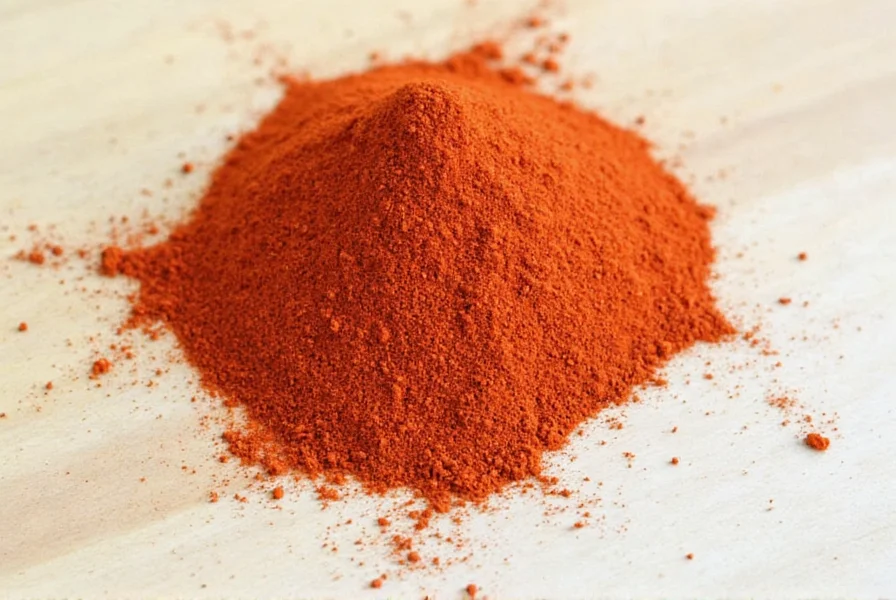
The plant has been used for centuries—not just in cooking but also in body paint and traditional medicine. Today, it's a staple in many Latin American and Southeast Asian cuisines, adding both flavor and color to everything from rice to marinades.
Flavor Profile & Uses
Achiote has a mild, earthy, slightly peppery flavor with subtle notes of nutmeg and clove. On its own, it’s not intensely aromatic like cinnamon or cumin—but when combined with other spices, especially garlic, cumin, and citrus, it really shines.
Common uses include:
- Making recado rojo (Mexican spice paste)
- Coloring and flavoring paella
- Creating homemade achiote oil
- Seasoning meats, particularly pork and chicken
- Adding warmth to beans and stews
| Product Type | Features | Pros | Cons | Best For |
|---|---|---|---|---|
| Whole Seeds | Unprocessed, raw form | Fresh aroma, customizable grind | Need preparation before use | Chefs who want full control |
| Ground Powder | Ready-to-use, fine texture | Convenient, fast results | Less aromatic than fresh seeds | Home cooks, quick meals |
| Ready-made Paste | Pre-mixed with oil or vinegar | Instant flavor boost | Shorter shelf life, preservatives | Busy cooks, grilling season |
| Infused Oil | Oil infused with seeds | Great for frying, drizzling | Limited use outside oil-based recipes | Everyday cooking, saffron substitute |
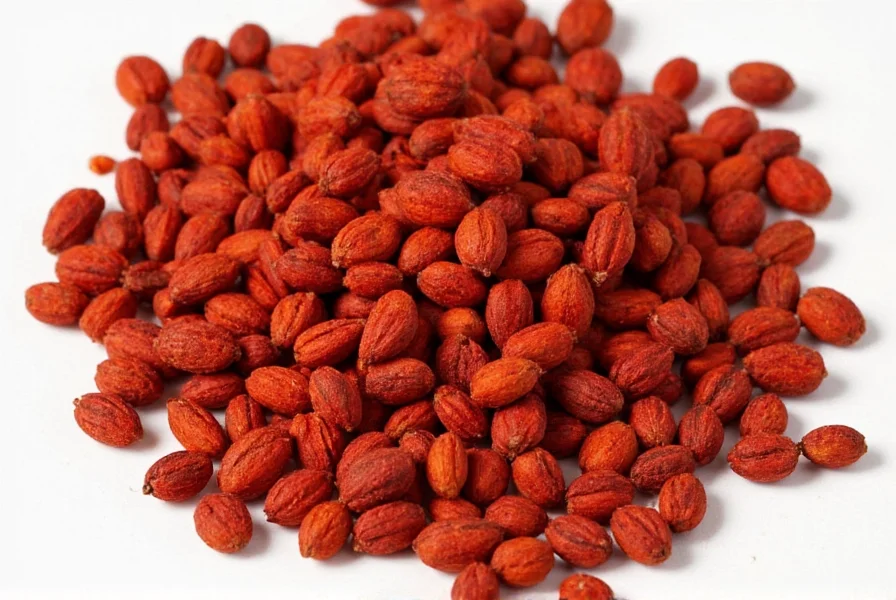
Nutritional Value
Annatto isn’t just about aesthetics—it brings nutritional value to the table. It’s rich in carotenoids like bixin and norbixin, which give it that vibrant color and have antioxidant properties. These compounds support overall health by protecting cells from damage.
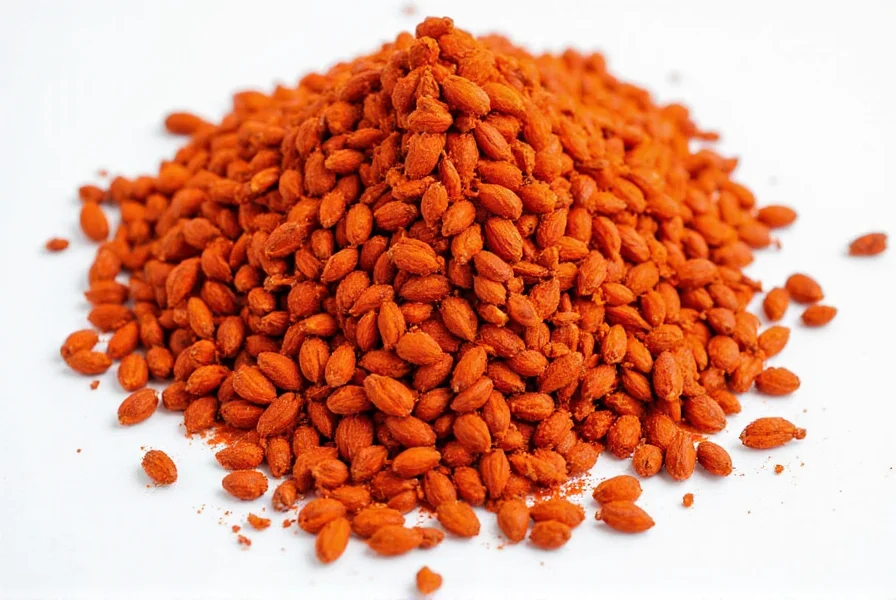
Cooking Tips with Annatto
Want to make the most of your achiote? Here are some pro tips:
- Toast the seeds lightly before grinding to enhance flavor.
- Soak in warm water or vinegar to extract more pigment and flavor quickly.
- Infuse in oil for a versatile base for sautéing, marinating, or drizzling.
- Use in moderation—it can stain hands and surfaces!
- Pair with acidic ingredients like lime or vinegar to balance the earthiness.
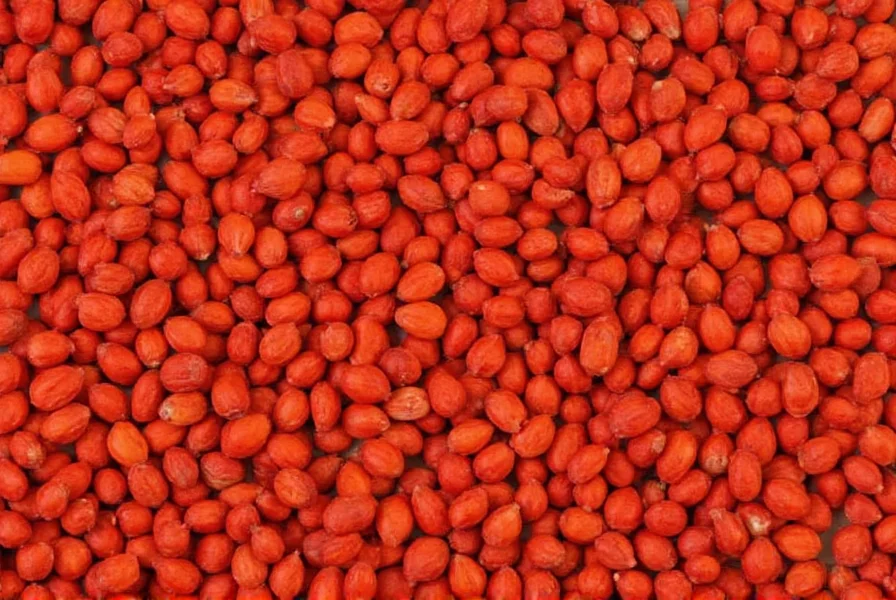
Buying Guide: Choosing the Best Achiote
When buying annatto seeds or powder, quality matters. Here's what to look for:
Types of Achiote Available
Top Brands to Consider
- Goya: Reliable brand for ready-made pastes and powders
- La Costeña: Popular in Mexico for authentic taste
- Herb de Vie: Organic, sustainably sourced options
- Rain Organics: Premium quality organic achiote seeds
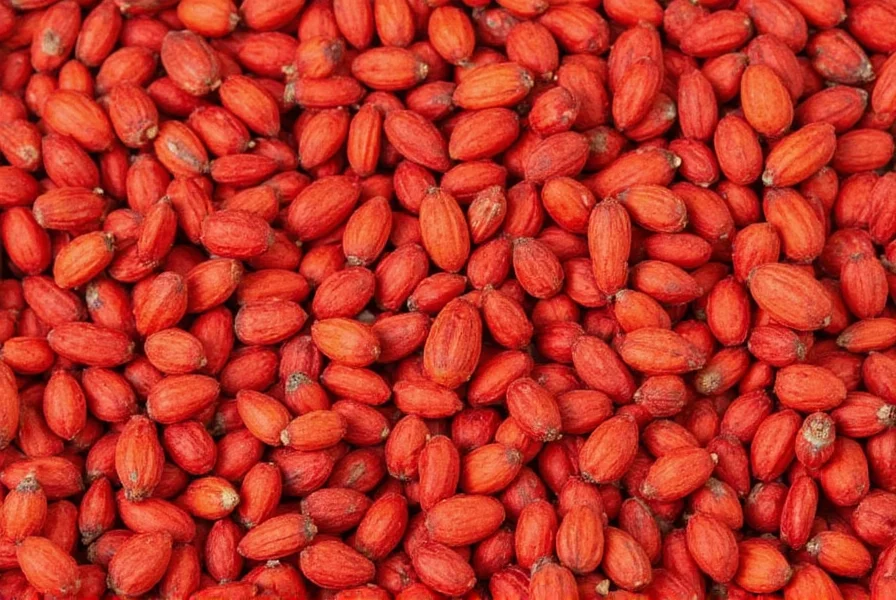
Storage Tips for Longevity
To keep your annatto fresh and flavorful:
- Whole seeds: Store in an airtight container in a cool, dark place for up to a year.
- Ground powder: Keep sealed; use within 6–8 months.
- Paste: Refrigerate after opening; lasts up to 2 weeks.
- Oil: Store in a dark bottle in a cool pantry or fridge; lasts up to 3 months.
5 Must-Try Recipes with Achiote
Ready to start using your new favorite spice? Try these crowd-pleasers:
- Achiote Chicken Tacos
Marinate chicken thighs in achiote paste, lime juice, garlic, and cumin. Grill or pan-sear until charred and juicy. Serve on corn tortillas with pickled onions and avocado. - Arroz con Achiote
Sear onions and garlic in achiote oil, then add rice and toast until golden. Finish with broth and peas for a colorful side dish. - Yucatán-Style Cochinita Pibil
Slow-roast pork shoulder in achiote paste, bitter orange juice, and spices for a tender, tangy main course. - Achiote Shrimp Skillet
Stir-fry shrimp with bell peppers, tomatoes, and achiote-infused coconut milk for a tropical twist. - Spiced Popcorn with Achiote
Pop corn kernels in achiote oil, then toss with chili powder and lime for a snack that pops with flavor.
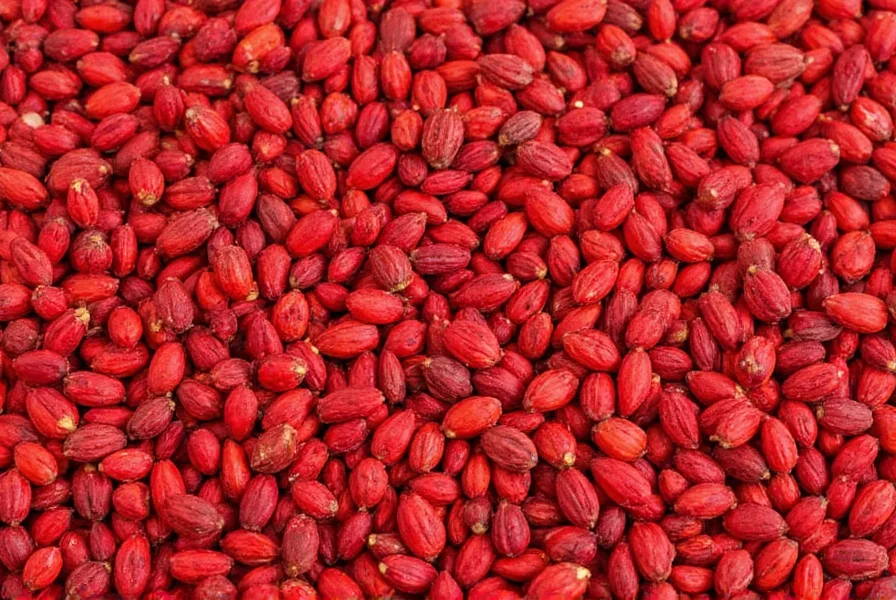
FAQs About Annatto Seeds
Common Questions About Achiote
Is achiote spicy or hot?
No, achiote is not spicy. It has a mild, earthy flavor with subtle peppery notes, but it won't add heat like chili peppers. Its primary role is color and earthy depth.
Can I substitute achiote if I can't find it?
Yes—but no single substitute replicates both color and flavor. For color: use 1 tsp paprika + ¼ tsp turmeric per 1 tsp achiote. For flavor: try a mix of smoked paprika and cumin. Note: This won't give the same golden-orange hue.
How do I remove achiote stains from skin or surfaces?
Rub hands with oil (coconut or olive) before washing—oil dissolves the pigment. For surfaces: wipe with vinegar first, then soap. Avoid bleach, which can set the stain.
Can I eat achiote seeds raw?
Not recommended. Whole seeds are hard to digest and may cause discomfort. Always toast, grind, or infuse them in liquid/oil to release flavor and color safely.
Why is my achiote oil separating?
Separation is normal—it’s not emulsified. Shake well before use. If it smells rancid or shows mold, discard it. Properly stored achiote oil lasts 3 months refrigerated.
Is achiote the same as saffron?
No. While both add golden color, saffron has a distinct floral flavor and is far more expensive. Achiote offers earthiness at a fraction of the cost and is traditional in Latin American dishes where saffron isn't used.
Final Thoughts
Whether you're looking to add color, depth, or a touch of authenticity to your kitchen, annatto seeds (achiote) are a must-have spice. From its deep-rooted cultural significance to its modern culinary applications, achiote proves that sometimes the most powerful flavors come in small packages.
Don’t be intimidated by unfamiliarity—give this vibrant seed a try. Once you do, you’ll wonder how you ever cooked without it.
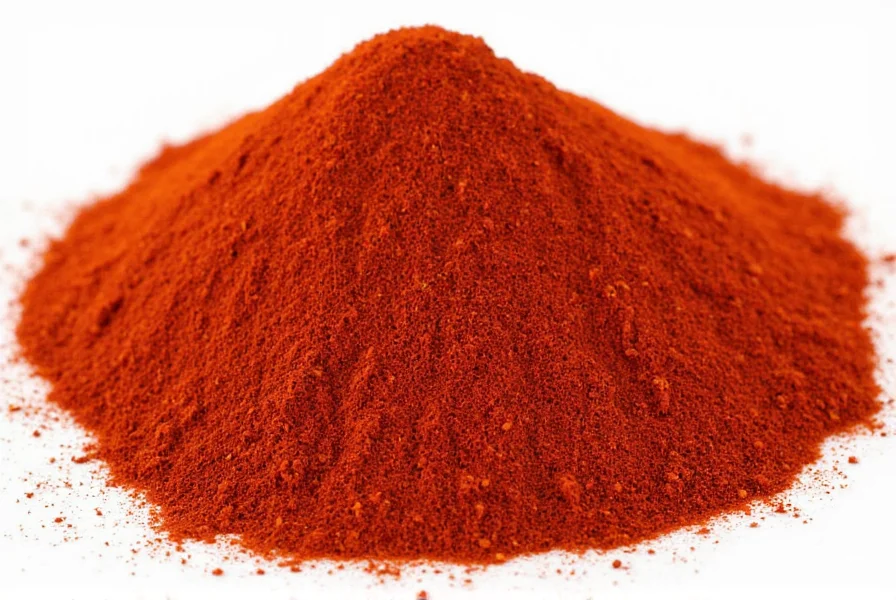
Key Takeaways
- Achiote adds both flavor and color to dishes.
- Available in multiple forms: seeds, powder, paste, oil.
- It pairs well with garlic, citrus, and earthy spices.
- Easy to store and long-lasting when kept properly.
- Versatile enough for everyday cooking or special occasions.

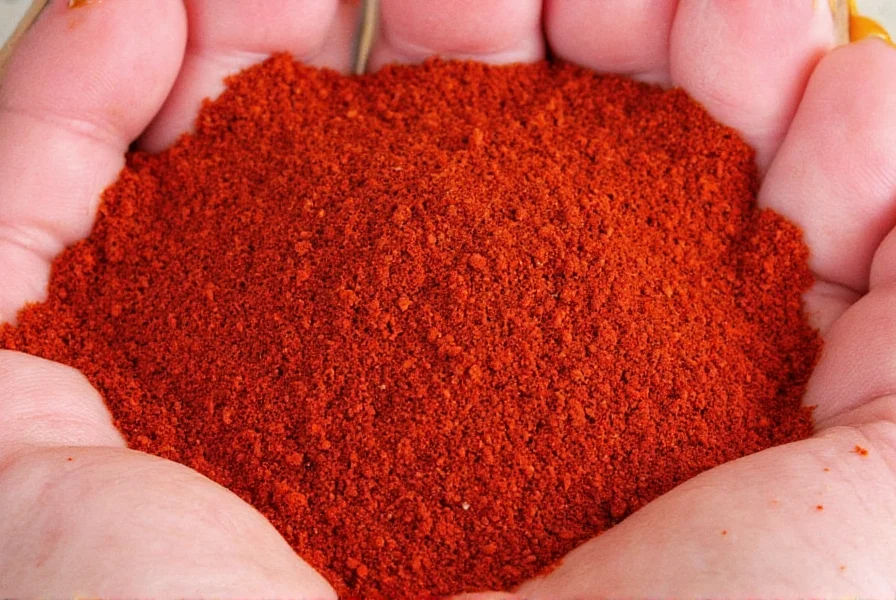









 浙公网安备
33010002000092号
浙公网安备
33010002000092号 浙B2-20120091-4
浙B2-20120091-4